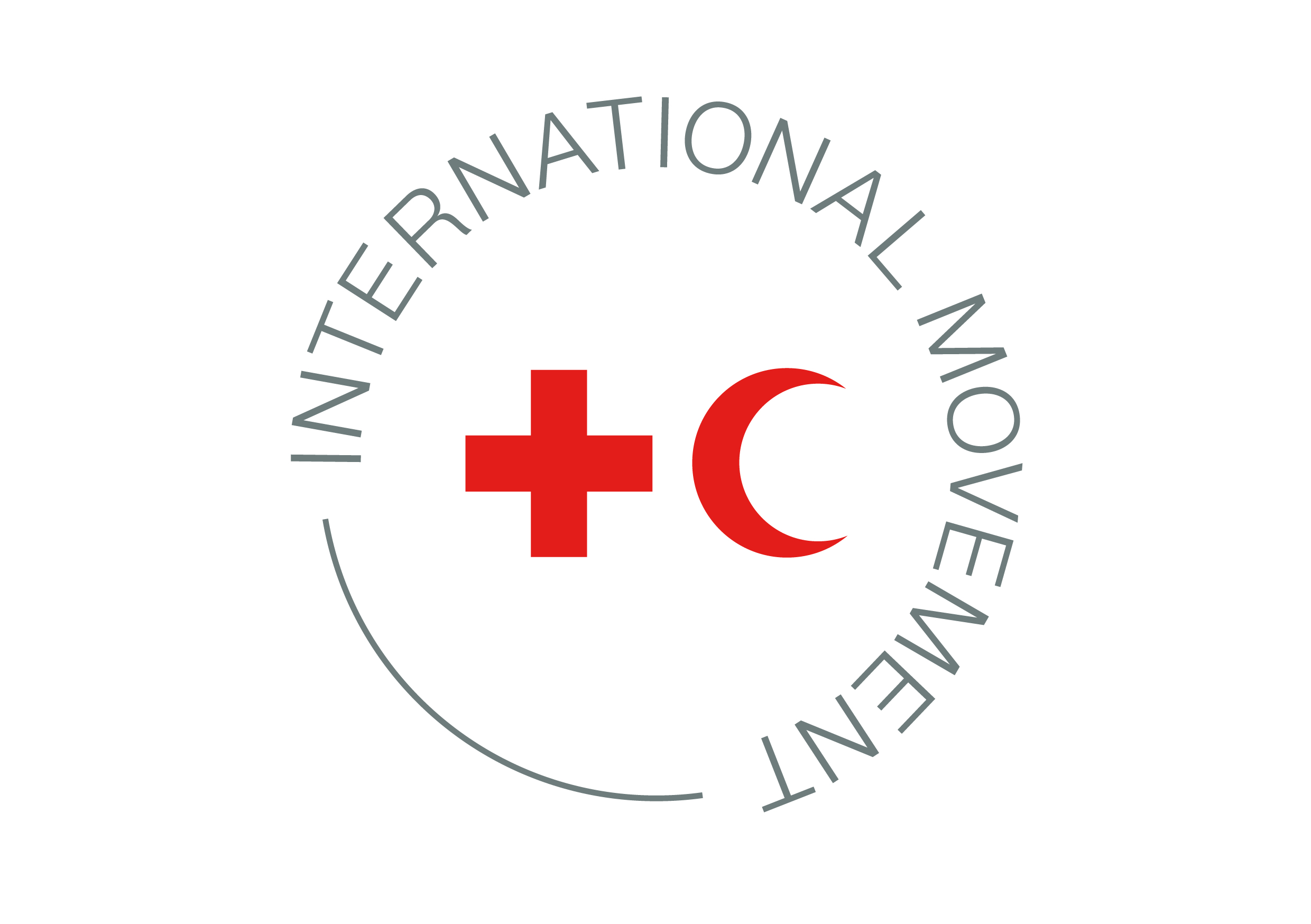A) Objectives of the pledge:
Taking note of the 2007 “Together for Humanity” Declaration, adopted at the 30th International Conference of the Red Cross and Red Crescent, in which the National Red Cross and Red Crescent Societies committed to addressing the increasing risks posed by climate change to the most vulnerable people,
Considering that the most vulnerable people, particularly in developing countries, bear the brunt of the effects of climate change,
Considering key international agreements adopted in 2015, in particular the Sendai Framework for Disaster Risk Reduction, the Sustainable Development Goals that are intended to put an end to poverty, tackle inequality and injustice, and address climate change by 2030, and the negotiations underway at the COP21 for the Paris Agreement,
As part of the One Billion Coalition for Resilience initiative convened by the International Federation of Red Cross and Red Crescent Societies to enable by 2025 one billion people to take active steps towards strengthening their resilience in the face of adversity, through expanded collaboration and partnerships at all levels,
Considering that both climate change adaptation and disaster risk reduction are two major, interlinked approaches to protect the most vulnerable people,
Considering that the International Red Cross and Red Crescent Movement has developed expertise and activities in terms of early-warning systems, disaster relief and risk reduction, as well as programmes fostering adaptation by means of access to water and sanitation, health, food security and livelihood preservation,
Considering that this expertise and activity strongly contribute to reinforcing people’s resilience in the face of risks related to natural disaster and climate change,
Considering that raising public awareness of the effects of climate change and risk prevention is a major challenge,
We commit by the end of 2019 to working in cooperation to implement initiatives aiming to:
Public awareness and advocacy
-
- Promote public awareness and knowledge of the effects of climate change in major disasters – targeting youth in particular – especially by mobilizing Red Cross volunteers and incorporating climate change issues into training modules (e.g. first aid) and social and educational activities (e.g. in schools);
-
- Advocate in national and international forums to raise awareness of the need to help vulnerable groups adapt to the changing risk patterns;
Risk reduction
-
- Promote local action to reduce the risks threatening the most vulnerable groups, including by expanding community-based early-warning systems;
-
- Promote multi-stakeholder dialogue in national adaptation planning and early-warning systems, making sure to include the most vulnerable groups;
-
- Support the climate change information needs assessments, including by promoting the Red Cross / Red Crescent Vulnerability and Capacity Assessment, and, wherever possible, implement projects for affected or at-risk communities, especially projects involving adaptation and alleviation measures (e.g. strengthening natural barriers to disasters);Resource mobilization / Partnership
-
- Increase the share of resources for risk reduction and forward planning by implementing the commitments made, particularly as part of the Sendai Framework for Disaster Risk Reduction and the Sustainable Development Goals, with a view to increasing the share of disaster relief funds allocated to risk reduction;
-
- Encourage National Red Cross and Red Crescent Societies to fulfil the commitment to earmark 10% of public donations following a disaster for risk reduction;
-
-
- Enhance collaboration between the public authorities and National Societies in their capacity as auxiliary to the authorities in order to facilitate their access to funds set aside for risk reduction and climate change adaptation (funds of national or international origin).
-
B) Action plan:
N/a
C) Indicators for measuring progress:
N/a
D) Resource implications:
N/a

